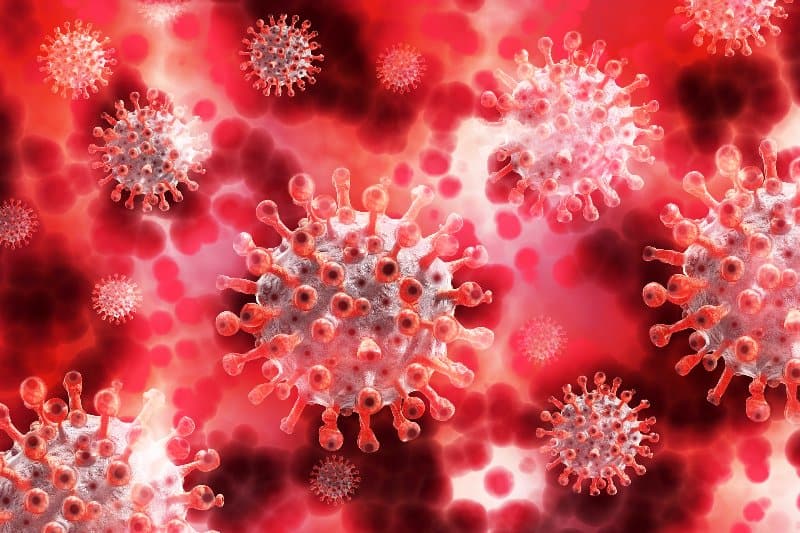
Originally Published by MedicalNewsToday
Viruses are microscopic organisms that exist almost everywhere on earth. They can infect animals, plants, fungi, and even bacteria. Sometimes a virus can cause a disease so deadly that it is fatal. Other viral infections trigger no noticeable reaction. A virus may also have one effect on one type of organism, but a different effect on another. This explains how a virus that affects a cat may not affect a dog. Viruses vary in complexity. They consist of genetic material, RNA or DNA, surrounded by a coat of protein, lipid (fat), or glycoprotein. Viruses cannot replicate without a host, so they are classified as parasitic. They are considered the most abundant biological entity on the planet.
>> CLICK HERE to Read the Full Article on MedicalNewsToday.com




